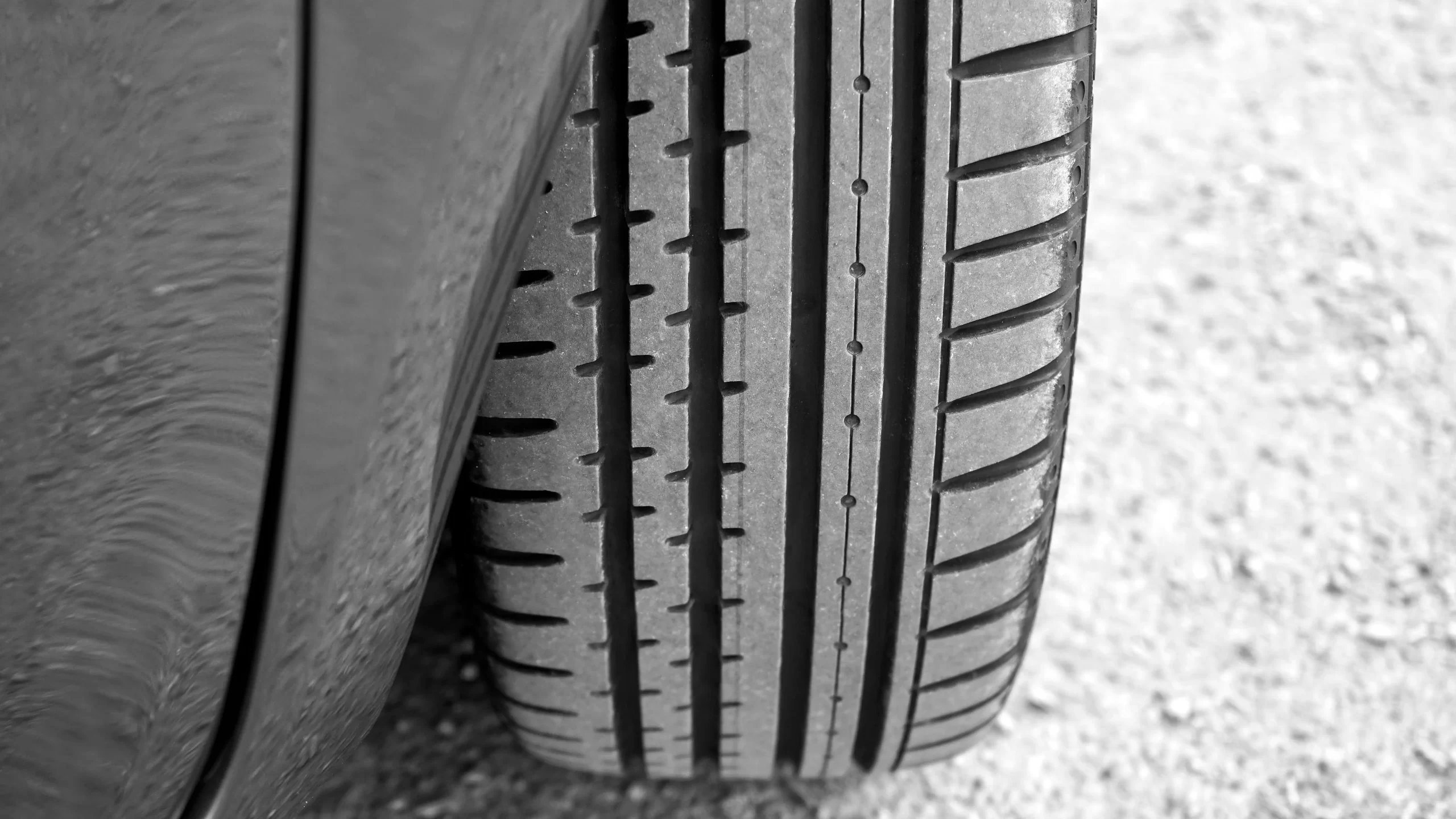
You’ve just had new tires installed, expecting a smoother, quieter ride.
But instead, your steering wheel starts shaking, your seat vibrates, or your whole car feels unstable at highway speeds.
It’s frustrating — and honestly, a little concerning.
Why does your car shake after getting new tires installed?
And more importantly, how can you fix it before it causes bigger problems?
Let’s break it down.
Common Reasons Your Car Shakes After New Tire Installation
Even though new tires are supposed to improve your ride, a few things can go wrong during or after installation.
Here’s what might be causing those vibrations:
1. Tires Were Not Properly Balanced
Wheel balancing ensures that the tire’s weight is evenly distributed around the axle.
If a tire is heavier on one side — even slightly — it can cause shaking, especially at 45–70 mph.
Symptoms of poor balancing:
- Vibrations increase with speed
- Shaking felt mainly through the steering wheel (front tires) or seat (rear tires)
- A humming or buzzing sound at highway speeds
Solution:
Return to the shop and ask for a wheel balance check.
Most reputable shops offer free rebalancing if issues pop up after installation.
2. Incorrect Tire Mounting
Mounting tires isn’t just slapping rubber onto rims — it requires precision.
If the tire wasn’t seated evenly on the wheel (especially with high-performance or low-profile tires), it can cause:
- Lateral vibrations (side-to-side wobble)
- Uneven ride feel
Solution:
Have a technician remove and re-mount the tire properly using a high-precision tire mounting machine.
3. Bad or Out-of-Round Tires
Even brand new tires can be defective.
An out-of-round tire isn’t perfectly circular, which can cause rhythmic thumping and shaking as you drive.
Causes of out-of-round tires:
- Factory defects
- Shipping damage
- Improper storage before installation
Solution:
Request a road force balance test.
This advanced machine detects tire uniformity problems and can recommend repositioning the tire or replacing it altogether.
4. Loose Lug Nuts
If the technician didn’t properly torque the lug nuts to spec during installation, your wheels could be slightly loose.
Warning signs:
- Car vibrates at all speeds
- Clicking or popping sounds when turning
- Wheel feels unstable or wobbly
Solution:
Immediately check that all lug nuts are tight (properly torqued).
Driving with loose wheels is extremely dangerous.
5. Worn or Damaged Suspension Components
Sometimes, new tires simply expose pre-existing suspension issues.
If you already had:
- Worn ball joints
- Bad control arm bushings
- Loose tie rods
- Bent wheels
The stiffer, grippier feel of new tires can make these problems much more noticeable.
Solution:
Have a professional inspect your suspension and steering components if vibrations persist after balancing and re-mounting.
6. Brake Rotor Issues (Less Common)
If the shaking is mainly felt during braking, it could be warped rotors, not your tires at all.
New tires improve road contact, which can make brake issues more noticeable.
Solution:
If vibration is only under braking, consider having your brake rotors measured for warping.
How to Fix Car Shaking After New Tires
Here’s your action plan if your car is shaking after a tire installation:
- Check tire pressure — Incorrect pressure can exaggerate vibration.
- Double-check lug nut torque — Safely torque all lugs to manufacturer specs.
- Return for a wheel balancing recheck — Insist on dynamic (spin) balancing, not just static.
- Request a road force balance — It detects hidden defects in tires or rims.
- Inspect for suspension wear — If balancing does not fix it, suspension parts might be the culprit.
- Drive a short break-in period — Rarely, new tires need 50–100 miles to fully seat and smooth out minor issues.
- Replace defective tires if necessary — If a tire is truly out-of-round or defective, demand a free replacement under warranty.
Can Driving on Shaking Tires Cause Damage?
Yes, it can.
Unresolved vibrations can:
- Prematurely wear tires
- Damage wheel bearings
- Stress your suspension
- Make your steering unpredictable and unsafe
Do not ignore vibrations — even if they seem minor.
Final Thoughts
New tires should make your car feel better, not worse.
If your car shakes after installation, it is almost always due to balance, mounting, or hidden defects.
By acting quickly and getting a thorough recheck, you can fix the problem before it causes real damage or creates dangerous driving conditions.
Bottom Line:
New tires plus immediate shaking means you should get it checked immediately.
Trust your instincts — your ride should feel smooth, stable, and solid.






Leave a Reply